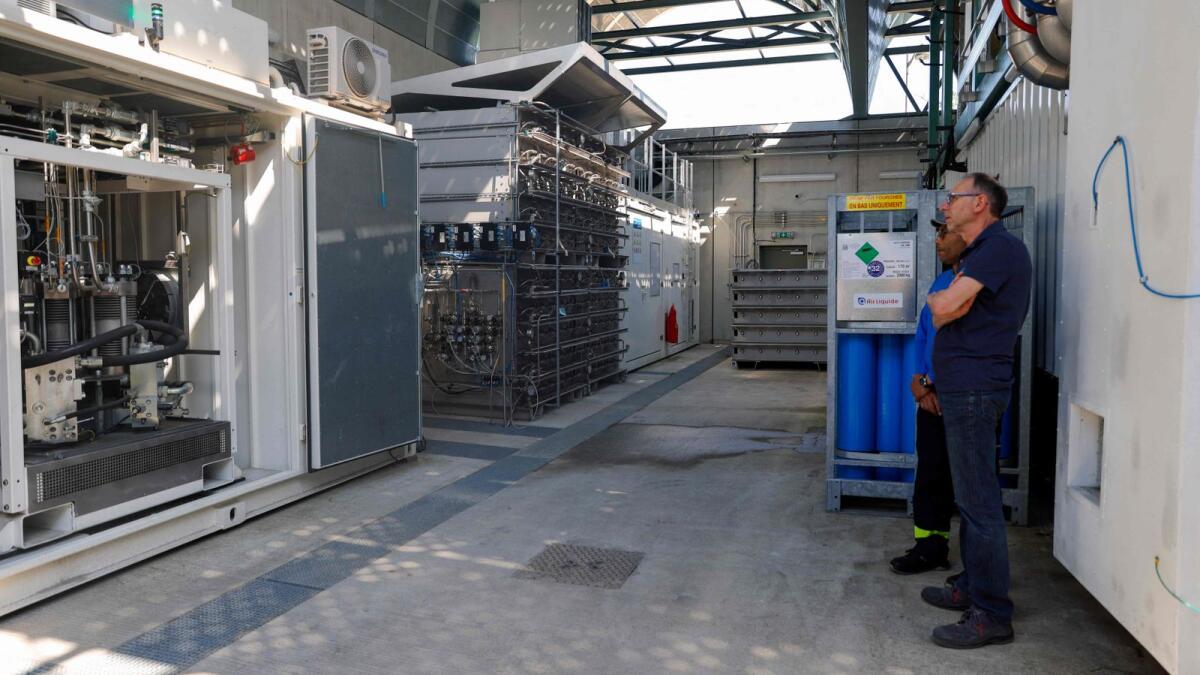The European Commission is working on tightening rules to ensure that EU funding for hydrogen projects benefits European companies. This comes after concerns were raised by local industries regarding cheap Chinese imports. The EU is set to launch its next round of funding for green hydrogen projects this month as Brussels aims to boost the production of the fuel within the region. Additionally, the EU is taking a harder stance on green technologies from China, including imposing tariffs on electric vehicles that benefit from subsidies.
European manufacturers of electrolysers, machines used to produce hydrogen by splitting water using electricity, have expressed concerns about their competitiveness against cheaper Chinese producers. They are urging the EU to protect them by adding criteria that would favor local firms in its Hydrogen Bank funding scheme. Climate commissioner Wopke Hoekstra mentioned that the EU is working on adding explicit criteria to support European electrolyser supply chains in the next auction.
Hoekstra also highlighted the importance of ensuring European cybersecurity and safety standards in hydrogen projects, emphasizing that companies that cannot meet these requirements may not receive support. The EU is looking into setting criteria for subsidies that would require work to be done within Europe and potentially limiting projects’ dependence on non-EU countries. Additionally, cybersecurity rules are being considered to prevent European data from ending up in the hands of governments outside the EU.
In April, the EU awarded 720 million euros to seven hydrogen projects within the EU. Industry sources noted that successful projects with low-priced bids may be utilizing cheaper Chinese equipment, though the Commission has not confirmed this. A document from the Commission revealed that a significant portion of projects bidding for funding planned to source electrolysers from outside the EU, indicating a potential reliance on non-EU made equipment. Hoekstra clarified that while the EU is not looking to sever ties with China, action will be taken where competition is deemed unfair.
In conclusion, the EU is ramping up efforts to support European companies in the hydrogen sector by introducing tighter rules for funding eligibility. The aim is to bolster the local industry while addressing concerns over cheap imports from China. By setting explicit criteria favoring European electrolyser manufacturers and emphasizing cybersecurity and safety standards, the EU is working towards creating a competitive and secure hydrogen market within the region. The ongoing developments highlight the EU’s commitment to promoting sustainable and innovative solutions for a greener future.










